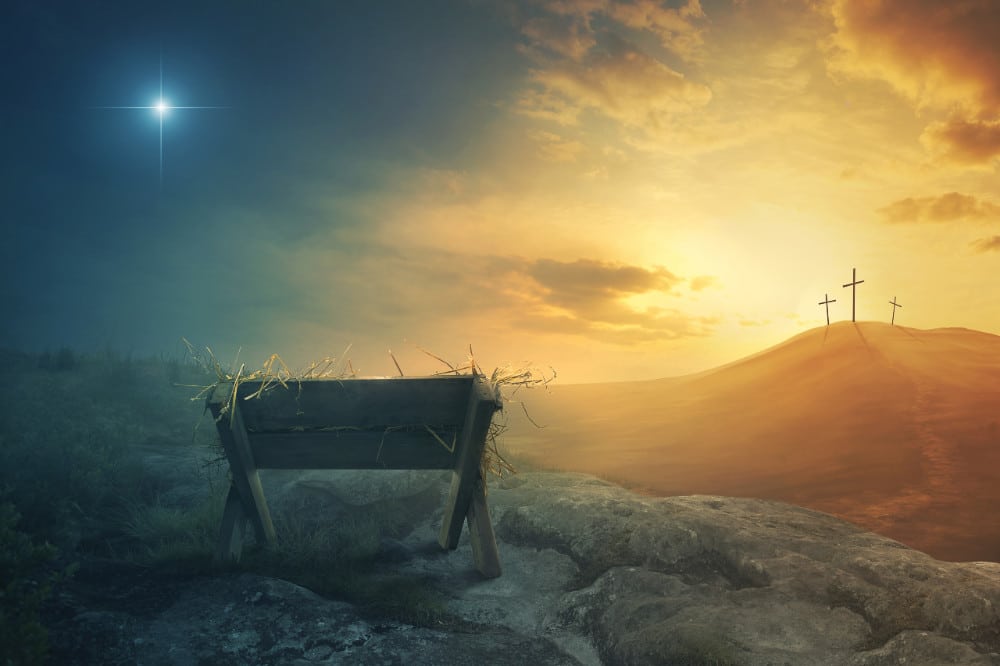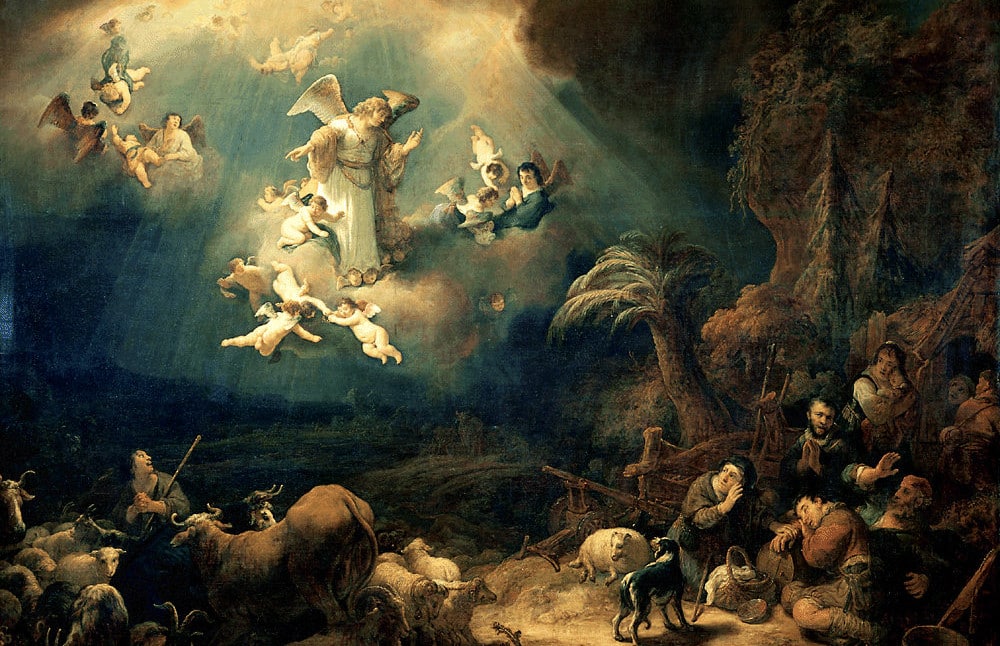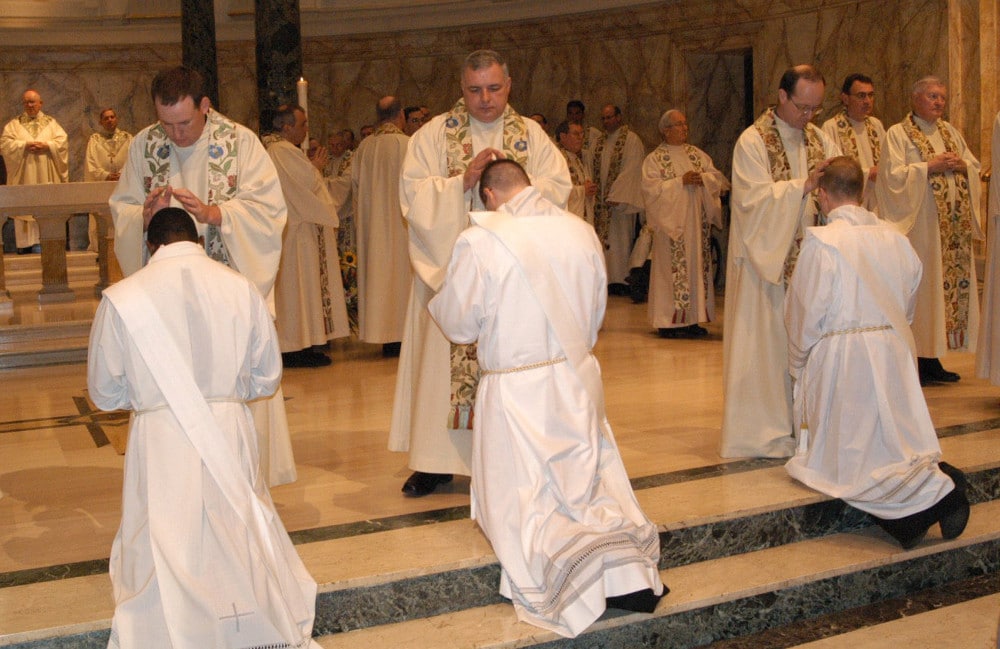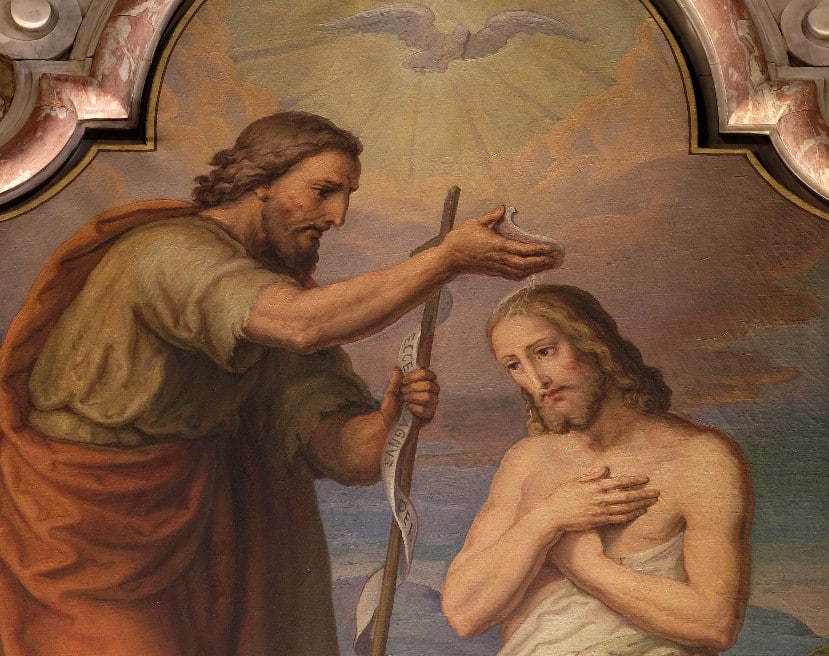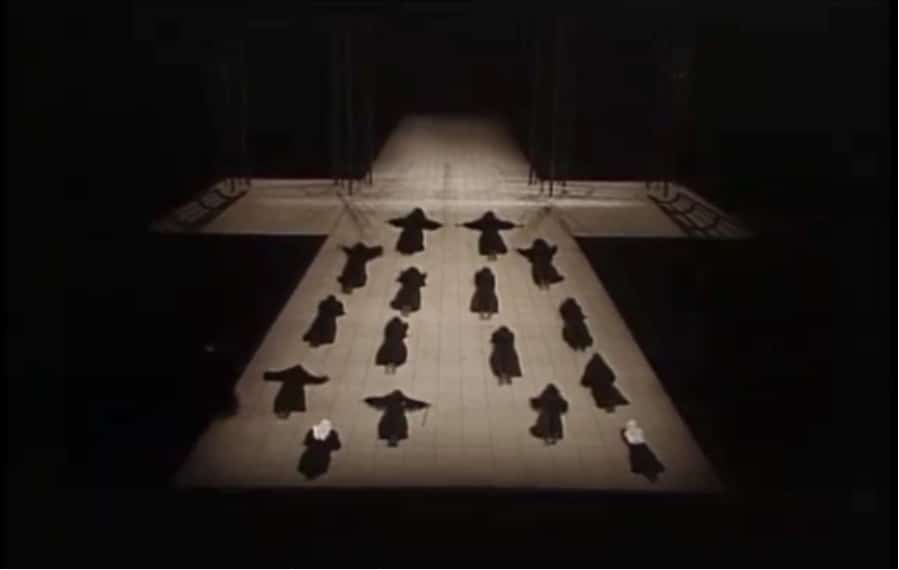 Question: Why did God create the universe and mankind?
Question: Why did God create the universe and mankind?
— Victor Bunton, Elkhart, Wisconsin
Answer: The full answer is unknown since God has not fully revealed why he created the universe. However, we can ponder some aspects of an answer by considering the nature of God. In the first place, we can rightly conclude that God did not create the universe out of any need such as loneliness, boredom or pride. God does not need to show off and is not looking for companions or activities. God is all, in all. He lacks nothing and has full and eternal beatitude (happiness) within himself.
All that said, we should recall that God is love (cf. 1 Jn 4:7). Now, love is effusive — that is, its nature is to share itself, or pour itself forth and be expansive. Thus it is reasonable to conclude that God created the universe out of love since that is what love does. The created world is a fruit of God’s love, and we are living in a kind of explosion or expansion of God’s love going forth.
Many scientists are searching for a “grand-unified theory,” a theory that explains everything. In the world of theology, however, we have had the answer for a long time. The grand-unified theory explaining everything is love, God’s love.
Jesus’ siblings?
Question: My neighbors and I are having a discussion regarding if Jesus had any blood siblings? The Bible seems to have conflicting views on this. If he did, were they born of Mary? — Jack Mulhall, via email
Answer: This question has been answered in greater detail in this column previously. Briefly here we can state that it is the teaching of the Church that Jesus did not have brothers or sisters in the way we use that term today. The use of the term “brother” or “sister” in biblical accounts can include cousins and other near relatives or kin. Many Church Fathers indicate that these brothers were really cousins and cite internal evidence of that, showing how cross references in the Scriptures show the brothers had different mothers. Other ancient sources (e.g. the Protoevangelium of James), indicate that Joseph was a widower and the “brothers” of Jesus were step-brothers (or half-brothers). Hence, there are two traditions that explain how the term brother or sister need not be understood strictly or literally.
Paying homage to saints
Question: I am confused about paying homage to saints, in particular St. Joseph. I thought that we, as Catholics, were only to pay homage to God. Paying homage to any other person or thing would be incorrect. Yet, in the Prayer to St. Joseph, there is the line that says, “I may offer thanksgiving and homage to the most loving of fathers.” Isn’t paying homage to St. Joseph against Church teaching?
— Joe Gasper, Olympia, Washington
Answer: To “pay homage” is to show honor. If that is the case, then there is nothing wrong with such a practice. If it were wrong, then the Fourth Commandment is wrong, which mandates that we honor our father and mother. Honor is given to and shared among human beings and rightly ascribed to saints and national heroes and the like. In human history many paintings, statues and other remembrances of notable leaders, heroes and saints have been set forth for our edification and inspiration.
More likely what you mean to question is if it is wrong to worship saints. That answer is yes. Worship (technically called “latria”) is given to God alone. God is clear in the First Commandment that we are not to worship any other “god” or to ascribe divine powers to anything. He alone is God, and to him alone belongs worship.
As for your concerns about St. Joseph, the practices and wording you describe are not wrong since there is no worship of him; only, as you note, a giving of homage. As noted above, it is the long practice of humanity to ascribe due honor or give homage to other people. In the Catholic Church, we give special honor to the saints for their heroic virtue and example. This honor is technically termed “dulia,” to distinguish it from the worship (latria) due to God alone.
As for the line about Joseph being the most loving of fathers, one can see this as a kind of hyperbolic flourish, such as when a youngster might say to his father, “You’re the best dad ever!” Surely God the Father is the greatest of all, but the hyperbole presumes we are speaking of human fathers.
Msgr. Charles Pope is the pastor of Holy Comforter-St. Cyprian in Washington, D.C., and writes for the Archdiocese of Washington, D.C. at blog.adw.org. Send questions to msgrpope@osv.com.


